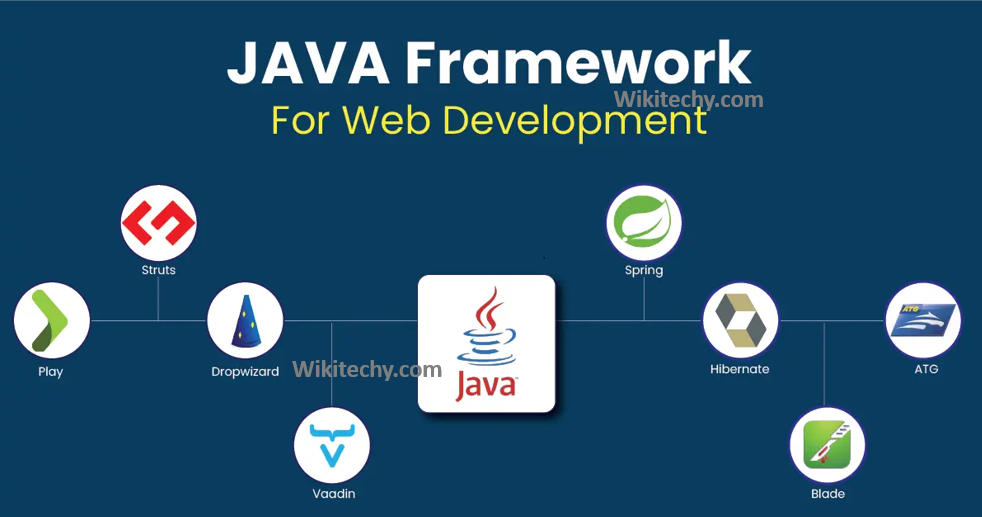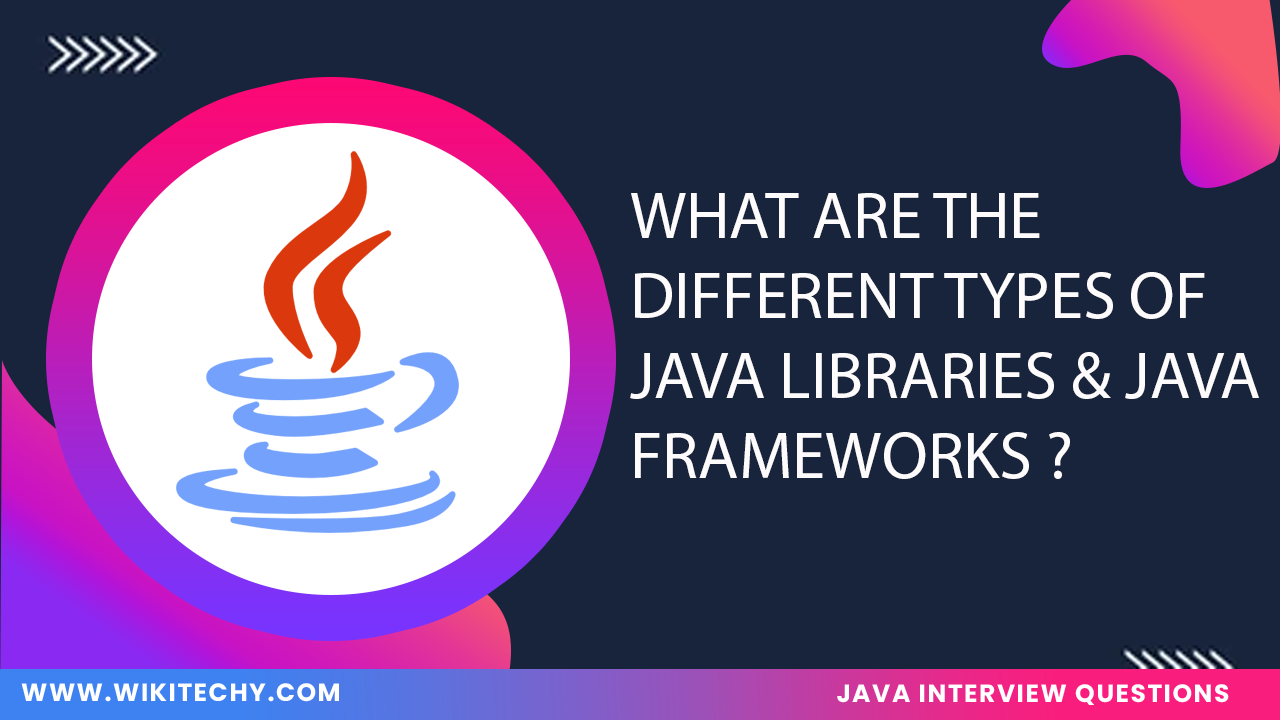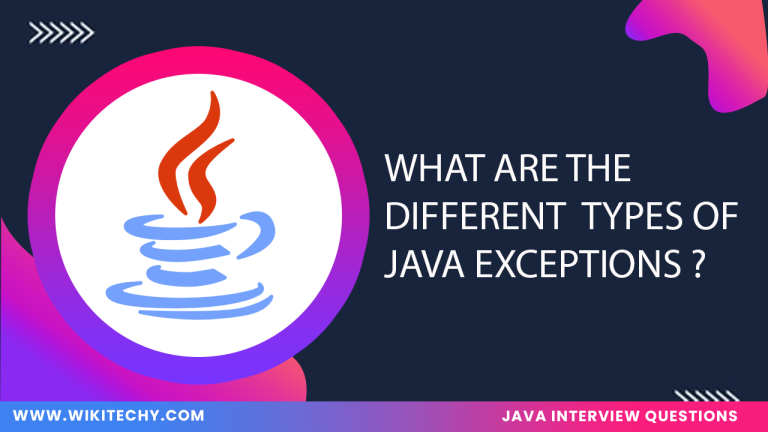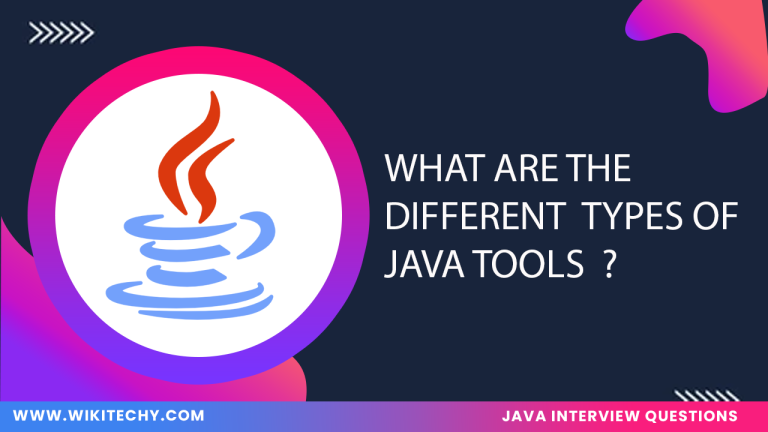1.Java Libraries
Definition:
A library in Java is a collection of reusable code or components that developers can use to perform specific tasks. Libraries provide functions, classes, and methods that can be integrated into the application to simplify development.
Examples:
- Apache Commons: A set of libraries that provide reusable, open-source Java components.
- Gson: A library to convert Java objects to JSON and vice versa.
- JUnit: A testing framework for Java applications, but it’s often categorized as a library when used solely for testing.
Advantages:
- Helps to break down complex functionalities into simple modules.
- Saves time by providing ready-to-use functionalities.
- Libraries offer methods and utilities that abstract lower-level operations.
Uses:
- Gson or Jackson libraries are used to easily parse JSON or XML data.
- Apache Commons provides utilities for file handling, IO operations, etc.
- JUnit is used for running automated tests in Java projects.
2.Java Frameworks
Definition:
A framework in Java is a platform or structure that provides a skeletal framework for developing an application. It enforces specific design patterns and dictates the overall architecture. Developers build their applications by extending the framework’s base code.

Examples:
- Spring: A comprehensive framework used for enterprise Java applications, web development, and more.
- Hibernate: An Object-Relational Mapping (ORM) framework for handling database operations.
- Apache Struts: A framework for building web applications based on the MVC (Model-View-Controller) design pattern.
Advantages:
- Frameworks like Spring control the flow of the program and manage dependencies automatically.
- Frameworks provide a set structure that developers must follow, which leads to cleaner and more maintainable code.
- Java frameworks are designed to scale well for enterprise-level applications.
Uses:
- Spring MVC, Struts, or JSF are widely used frameworks for building web applications.
- Hibernate automates database interactions, simplifying CRUD operations.
- Spring Boot is used to create robust and scalable Java-based microservices.




